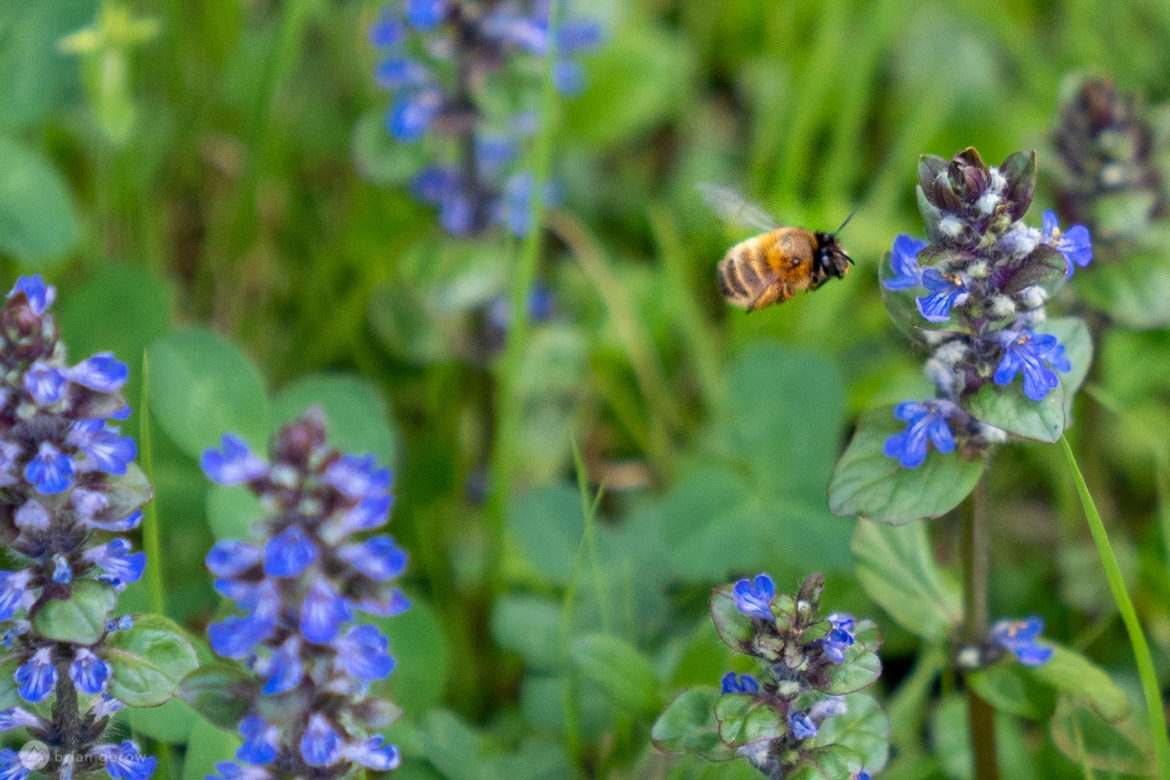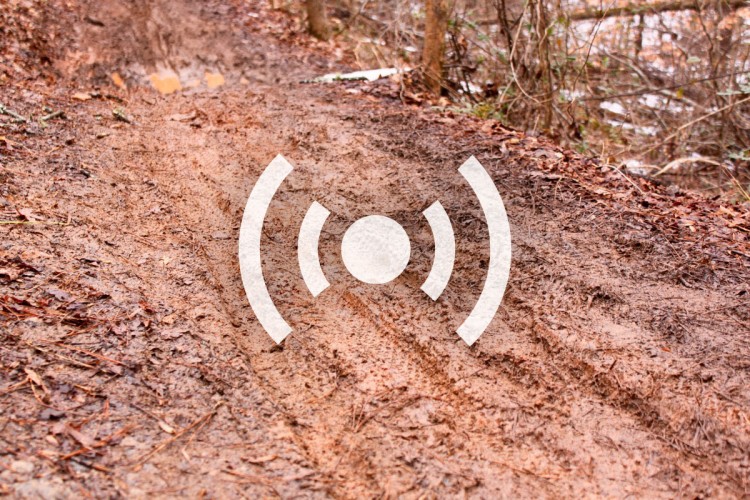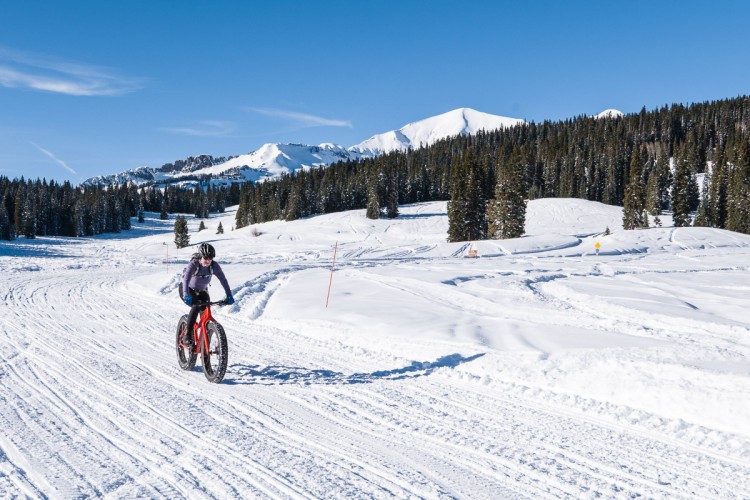
Any opinions expressed in this article belong to the author alone, and do not necessarily represent the opinions of Singletracks.com.
When we polled readers to ask how they feel about listening to music while mountain biking a wave of responses echoed the sentiment that “we go to the forest for the quiet, and the sounds of nature.” With far less car and airplane traffic today, many of us are enjoying similar tones in our back yards and spring-lit porches. Air, noise, and water pollution are lower than they’ve been since our elders can recall, as a certain bipedal species hides from its silent invisible killer, and all other flora and fauna rejoice in a fresh breath of quiet.
Following this historical flashpoint, do we truly desire a return to the state of normal that clouded out birdsong and opaqued the sky in smog? Could we pivot, learn form this pause, and do things just a smidge differently? I realize that I’m oversimplifying a complex paradigmatic culture shift, but as a writer and forest loving environmentalist, it’s my duty to illuminate the question and invite discussion.

When forests experience a traumatic change, be it by fire or lumber, they adapt and recreate. Seeds and spores arrive in the beaks and droppings of various vectors to create new stands, renew mycelium beds, redirect water flow, and naturally redesign their sustainable ecosystem anew. They shift and adapt without our impressive versions of technology and consciousness. Could we adapt and change even half as much? At some point, we’ll likely have no choice.
We’ve all made massive modifications and sacrifices to alter our normal during the pandemic, and apart from mass unemployment, uneasy uncertainty, and too many tragic deaths, some of those alterations are invaluably positive. Folks who are now working from home are saving loads of cash, spending less time in traffic, polluting less, and potentially eating healthier while spending more time with their roommates or families. For those of us who fly more than we’re comfortable with, this time might be a relaxing break from processed airport food and the noxious pollutants associated with jet fuel. Maybe we can hold on to some of those positive elements. Once the boss realizes that they hired competent folks who can be productive while working from home, those commuter flights and days in the office could be a little less frequent.

While we’re all missing group rides and time with friends, sporting events, church, school, the gym, dining out, pubs and other important gatherings, we’re also contributing a fraction of the aforementioned pollutants. Once we’re allowed to congregate again we could consider commuting by bike to those events. After all, riding your bike across town allows you to observe your surroundings, tune in to the local culture, and get a little exercise — while quietly not burning toxic fuels.
Our interaction with trails in the forest could also be renewed. In Colorado, where my co-worker Matt Miller lives, the trails and associated parking lots are overflowing with riders excited to be free of their tiring work schedules. Outside my porch in Turin, Italy, our trails are being blanketed in a floral afghan of plant life, and all manner of animals are waltzing their way through the city streets while humans lock down. A dinosaur-faced blue heron coasted over my apartment window the other day, the likes of which I’ve never seen in town, and according to the local news you can see the bottom of the Po river that flows through the city. That’s new. The pandemic has affected every region and culture differently, but in both of these cases, our trails are going to need loads of maintenance in the coming months. If you’re someone who often thinks, “I should do some volunteer trail maintenance,” your help will likely be more necessary than ever before. Those jumps and berms we all love don’t build nor rebuild themselves.
In summation, many of us fight to dismantle and improve the status quo in our daily lives, and now we have an opportunity to collect the shards of it and make something far better.
For readers who love the sounds of nature, Chris Morgan’s podcast The Wild has a special episode titled Finding Peace in The Silence that might resonate.
Are there changes or compromises you’ve made during the pandemic that you feel will benefit yourself or others moving forward? Please share them with us below.




















